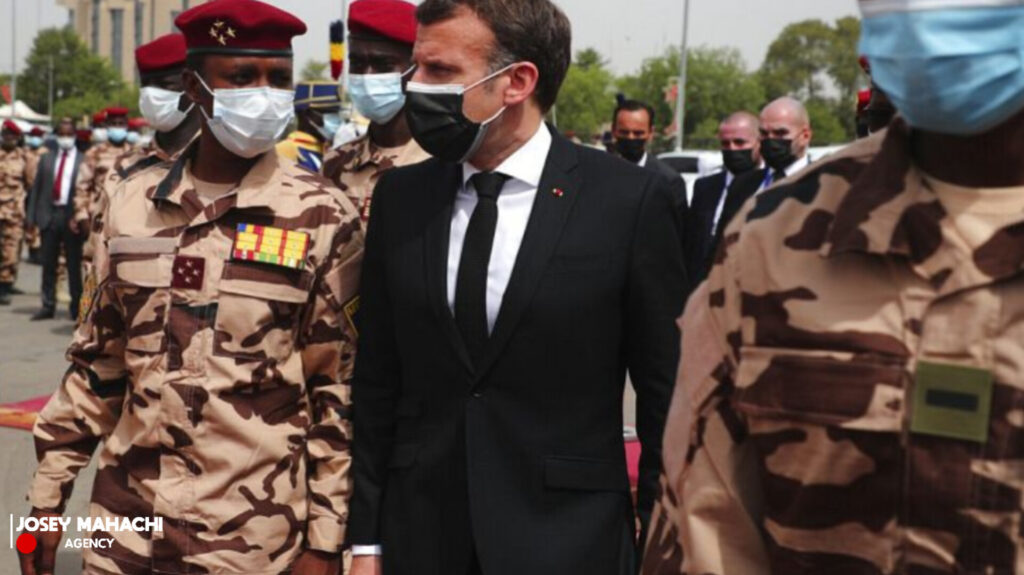By : Lloyd Mahachi
France’s military presence in Chad is coming to an abrupt end. The Chadian authorities have demanded the total withdrawal of all French personnel from its base in N’Djamena by December 31.
This demand has caught Paris off guard. Initially, France was planning to begin repatriating its soldiers from Tuesday, with negotiations underway for a gradual withdrawal ending in March.
However, the situation has taken a dramatic turn, and France has had to accelerate its withdrawal plans. On Friday, the first 120 French soldiers departed from N’Djamena, marking the beginning of the end of France’s military presence in Chad.
This development is a significant setback for France, which has maintained a military presence in Chad since the country’s independence in 1960. The rapid evolution of the situation in Chad can be attributed to the government’s growing dissatisfaction with France’s role in the region.
In October, 40 Chadian soldiers were killed in an attack by Boko Haram insurgents on a military post in the Lake Chad region. The Chadian government accused France of refusing to provide information and assistance following the attack.
This led to widespread protests and demands for the French army to leave. The end of the Chad-France defense pact raises important questions about the future of the region.
Who will N’Djamena turn to next for military cooperation and support? The answer to this question is uncertain, but it is clear that the region is undergoing a significant shift.
Chad’s leader, General Mahamat Idriss Deby Itno, has sought closer ties with Moscow in recent months. This could potentially lead to a new era of military cooperation between Chad and Russia.
The implications of France’s withdrawal from Chad are far-reaching. The country’s military presence in the Sahel region has been dwindling in recent years, with withdrawals from Mali, Burkina Faso, and Niger.
The loss of its last stronghold in the region marks a significant blow to France’s influence in West Africa. As the situation continues to unfold, it is clear that the Sahel region is entering a new era of uncertainty and potential instability.
The international community is watching the situation closely, with many countries and organizations calling for calm and restraint. The European Union, the African Union, and other organizations have urged all parties to respect the democratic process and the rule of law.
As France’s military presence in Chad comes to an end, it is essential to consider the potential consequences for the region and the world at large. The situation in Chad and the Sahel region will continue to evolve in the coming weeks and months.
The withdrawal of French troops marks a significant turning point, and it is uncertain what the future holds. One thing is clear, however: the region is undergoing a profound shift, and the consequences of this shift will be felt for years to come.
The future of the Sahel region is uncertain, but one thing is clear: it will be shaped by the decisions made in the coming weeks and months. The international community must continue to monitor the situation closely and provide support where necessary.
The people of Chad and the Sahel region deserve peace and stability, and it is up to the international community to ensure that they receive it. The withdrawal of French troops from Chad is just the beginning of a new era for the region, and we must approach it with caution and sensitivity.
The situation in Chad and the Sahel region is complex and multifaceted, and it will require a comprehensive and nuanced approach to resolve. The international community must work together to provide support and guidance to the people of the region.
Only through collective action and cooperation can we hope to bring peace and stability to the Sahel region. The withdrawal of French troops from Chad is a significant development, but it is just one part of a larger puzzle.
Editor : Josephine Mahachi

